The Department of Computer Science and Engineering came into existence with the
establishment of the institute in 2002.The department aims to provide students with strong conceptual
foundations and also expose them to the forefront of development in the field of computing. Our goal is to
give an Engineering attitude for confidence building to solve technical problems.
The department have highly qualified and experienced faculty members who attends short term courses to keep
in pace with the industry standards. To ensure effective teaching methodologies, the staff member regularly
attend the workshop of high impact teaching skills. The state-of-art laboratories have over 200 computers
with the latest configuration PCs and are completely networked, which provides adequate computer time for
all the students. Emphasis is placed on regular attendance, general discipline, conceptual understanding,
logical perception and project work.
Department of Computer Science work as the controlling center of computing for the entire institute and
provide internet connectivity to various departments through its servers and switchs.Department also has
dedicated labs for internet access.
To be recognized for delivering quality education in computer science and engineering to meet the evolving demands of the industry.
Delivering quality engineering education focused on enhancing problem-solving abilities and leadership skills for societal and national advancement.
Equipping students with knowledge and skills in computing, combining theoretical understanding with practical application for professional success.
Creating an environment that supports the development of professional, ethical, and social responsibilities.
| Programme | Intake | Duration |
|---|---|---|
| B.Tech. in Computer Science Engineering | 60 | 4 years |
| B.Tech. in Computer Science Engineering (Artificial Intelligence) | 30 | 4 years |
| B.Tech. in Computer Science Engineering (Cybersecurity) | 30 | 4 years |
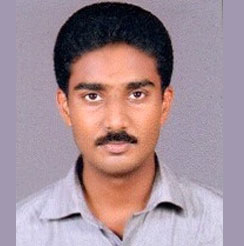
Gireesh Kumar M C completed a BSc in Applied Sciences - Computer Technology (1998) and an MSc in Applied Sciences - Computer Technology (2000), both under the Faculty of Engineering at Kumaraguru College of Technology, Coimbatore, Tamil Nadu. In 2009, he earned a Master of Engineering in Computer Science and Engineering from Vinayaka Missions Research Foundation, Salem, Tamil Nadu. Additionally, he qualified the National Eligibility Test (NET) in Computer Science and Application in 2013, conducted by the University Grants Commission (UGC), which certifies eligibility for lectureship in higher education.
Gireesh Kumar M C began his academic career as a Lecturer in Computer Science and Applications at the Centre for Computer Science and Information Technology, University of Calicut, where he worked from October 2000 to October 2003. He then served as the Coordinator of the Centre from October 2003 to September 2010.
Since joining the Department of Computer Science and Engineering at SNMIMT as an Assistant Professor in September 2010, he has taken on a leadership role and has been officiating as the Head of the Department since August 2024. With 23 years of teaching experience, he has guided numerous projects at both undergraduate and postgraduate levels.
His areas of specialization include Data Structures, Computer Organization and Architecture, and Software Engineering.
Some of the courses he taught are:
Associate Professor
Email: [email protected]
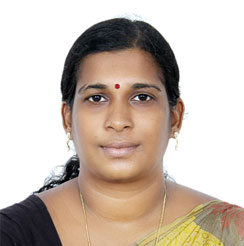
Assistant Professor
.. Years Experience
Qualification:
Experience: Teaching :, Industrial :
E-Mail: -

Assistant Professor
16 Years Experience
Qualification: B Tech, M Tech
Experience: Teaching : 16 Years & 3 Months, Industrial : Nil
E-Mail: [email protected]
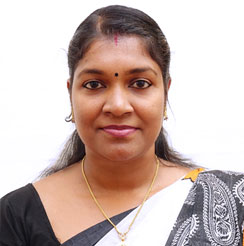
Assistant Professor
11 Years Experience
Qualification: B Tech, M Tech
Experience: Teaching : Teaching : 11 Years & 3 Months, Industrial : Nil
E-Mail: [email protected]
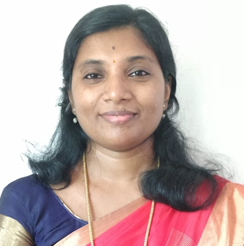
Assistant Professor
10 Years Experience
Qualification: B.Tech, M.Tech
Experience: Teaching : 10 Years, Industrial : Nil
E-Mail: -
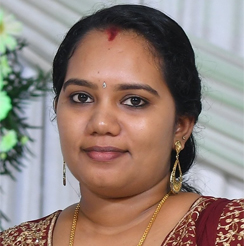
Assistant Professor
8 Years Experience
Qualification: ME, BTECH, DIPLOMA
Experience: 8 Years and 6 Months, Industrial : 0.6 Year
E-Mail: [email protected]
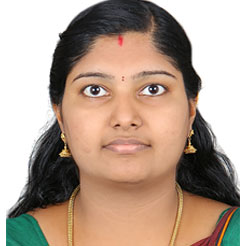
Assistant Professor
6 Years Experience
On Leave
Qualification: B Tech, M Tech
Experience: Teaching : 6 Years, Industrial : Nil
E-Mail: -
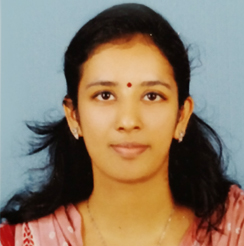
Assistant Professor
5 Years Experience
Qualification: M Tech
Experience: Teaching : 5 Years, Industrial : 0 Years
E-Mail: [email protected]
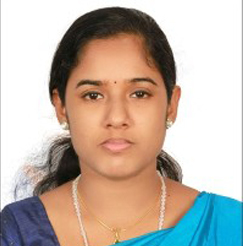
Assistant Professor
5 Years Experience
Qualification: M Tech
Experience: Teaching : 5 Years, Industrial : 0 Years
E-Mail: [email protected]
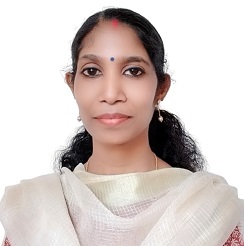
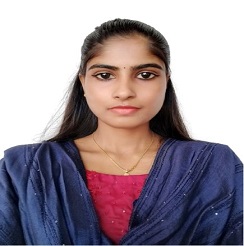
Assistant Professor
3 Year Experience
Qualification: M Tech
Experience: Teaching : 3 yrs 0 months
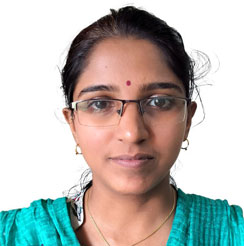
Assistant Professor
2 Year Experience
Qualification: M Tech
Experience: Industrial: 2 years 3 months, Teaching: 4 months
EMail:[email protected]
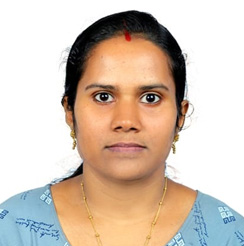
Assistant Professor
1 Year Experience
Qualification: M Tech
Experience:Industrial: 1 Years 0 months, Teaching: 6 months
EMail:[email protected]
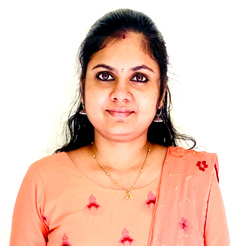
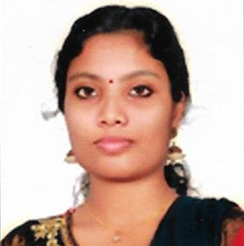
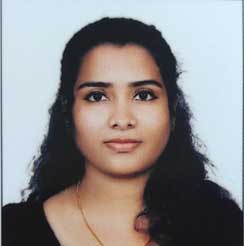
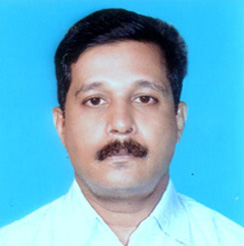
Assistant Professor
0 Year Experience
Qualification: Master of Engineering
Experience: Industrial: 0 years 0 months, Teaching: 0 months
EMail:[email protected]
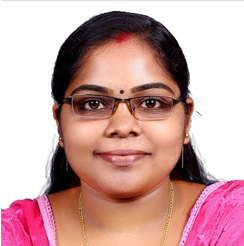
Assistant Professor
11 months Experience
Qualification: M.Tech
Experience:Industrial: 0 years 0 months, Teaching: 11 months
EMail:[email protected]

Assistant Professor
09 months Experience
Qualification: M.Tech
Experience:Teaching: 0 yrs 9 months
EMail:
akshayasunaj9992@gmail.com

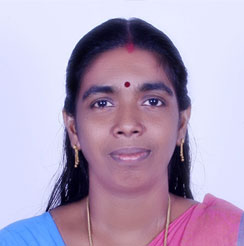
Workshop Instructor
20 Years Experience
Qualification: Diploma in Computer Engineering
Experience: 20 Years
E-Mail: -
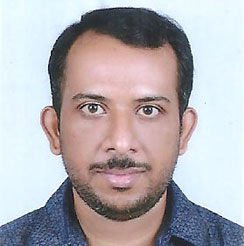
System Administrator In Charge
15 Years Experience
On Leave
Qualification: B Com, PGDCA, CCNA, CIC
Experience: 15 Years
E-Mail: -
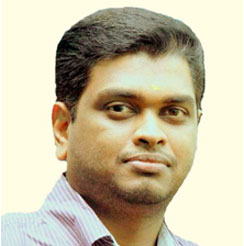
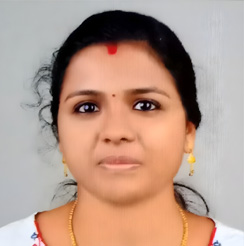
Lab Assistant
0 Year Experience
Qualification: B Tech
Experience: Industrial: 0 years 0 months, Teaching: 0 months
EMail: [email protected]
Students will be able to practice assembly language programming on 8086. Microprocessors lab provides a theoretical & practical introduction to microcontrollers and microprocessors, assembly language programming techniques, microcontroller and microprocessor system design considerations. It also provides a platform for students to practice fundamentals of interfacing/programming various peripheral devices with microprocessor/microcontroller. The students will be able to develop assembly language programs for problem solving using software interrupts and various assembler directives.
The Research and Development wing provide a strong platform for the selected set of students of various semesters to explore their programming capabilities by developing new software. This enhances their efficiency as an engineer to excel in the software industry in future. In this wing, the students have already developed some software like software for viva, college website, tech fest website etc. The updating of college website is on-going under this wing.
Labs conducting in Software Lab I: Programming Lab, Data Structures Lab, System Software Lab, Compiler
Design Lab
1. Programming Lab / Computer Workshop
Programming Lab acquaints the students with the fundamentals of programming and provides the students with
good knowledge in computer languages like Python, C programming etc. and develops problem solving skills.
It helps to understand the basic concept of C and Python Programming, and its different modules that
include conditional and looping expressions, Arrays, Strings, Functions, Pointers, Structures and File
programming. Students will be able to analyze a problem and find appropriate programming language for
providing solution to various problems in real time..
2. Data Structures Lab
Data structure lab provides experience in design, testing, and analysis of Algorithms and Data Structures
and acquaints the students with the Data Structures used in the Computer Science field. The objective of
this lab is to teach students various data structures like stacks, queues, trees, graphs, etc. and to
explain the algorithms for performing various operations like searching, sorting etc. on these data
structures.
Data Structures Lab appreciate the importance of structure and abstract data type, and their basic
usability in different applications analyze and differentiate different algorithms based on their time
complexity. The students perform implementation of linear and non- linear data structures using linked
lists. In this lab the students identify to use a suitable data structure and algorithm to solve real
world problems.
3. System Software Lab
System Software Lab enables the Students to learn and understand the main components of an OS and describe
the important computer system resources and functions. In this lab students study the process management,
scheduling, Inter Process Communication (IPC) and the role of OS in IPC. It helps to understand the
concepts and implementation of memory management policies, virtual memory, resource manager, file system
manager, process manager, memory manager, I/O manager etc. to students. It provides awareness for special
purposes of operating system with the advent of new emerging technologies. The lab also provides
familiarisation of various system programs like Macro pre-processors, Assemblers, Loader, Linker,
Debuggers etc.
4. Compiler Design Lab
It familiarizes the students about different phases of compiler. Compiler design lab also gives exposure
to different compiler writing tools. The Student will be able to implement the techniques of Lexical
Analysis and Syntax Analysis. Compiler lab also provides a platform for students to apply the knowledge of
Lex & Yacc tools to develop programs and implement Optimization techniques and generate machine level
code.
Labs conducting in Database Lab: Design Project, Project, Network Programming Lab, Application Software
Development Lab, FOSS Lab
1. Design Project and Project
The main objective of Engineering is to design and realise the design in various fields of interest to the
profession that solves an existing need, improves an existing technology, process or product and bring in
innovative ideas that can be implemented through design. Students of engineering have to understand the
importance of design and how to do it as this is the main professional goal.
The Project develops creative thinking in finding viable solutions to engineering problems. The students
will be able to think innovatively on the development of components, products, processes or technologies
in the engineering field and to apply knowledge gained in solving real life engineering problems
2. Network Programming Lab
Networking Lab provides experience on design, testing, and analysis of Network Programs especially in
Python. Students will try to learn the basic taxonomy and terminology of the computer networking and
enumerate the layers of OSI model and TCP/IP model. Acquire knowledge of Application layer and
Presentation layer paradigms and protocols. Study Session layer design issues, Transport layer services,
and protocols. Gain core knowledge of Network layer routing protocols and IP addressing. Study data link
layer concepts, design issues, and protocols. Read the fundamentals and basics of Physical layer, and will
apply them in real time applications. Students will able to describe the functions of each layer in OSI
and TCP/IP model. Explain the functions of Application layer and Presentation layer paradigms and
Protocols. Describe the Session layer design issues and Transport layer services. Classify the routing
protocols and analyze how to assign the IP addresses for the given network. Describe the functions of data
link layer and explain the protocols. Explain the types of transmission media with real time applications
Main project work help to understand and gain the knowledge of software engineering practices, so as to
participate and manage large software engineering projects in future
3. Application Software Development Lab
Application Software Development Lab introduces basic commands and operations on database. It gives stored
programming concepts (PL-SQL) using Cursors and Triggers and familiarizes front end tools of database.
During this lab the student is able to design and implement a database for a given problem using database
design principles. Use of graphical user interface, Event Handling and Database connectivity to develop
and deploy applications and applets will be known to students thereby develop medium-sized project in a
team.
4.Networking Lab
In FOSS lab students will learn to install different software packages and will helps the students to get
involve in that platform intuitively. GUI programming with proper software development tool are practised
and the student can design any project in various languages like php, python, java, pearl etc. The
students learn to apply various linux commands would help them to interact with servers more efficiently.
Exposure of various technologies used in this lab, would definitely help to identify technologies used for
different sectors like government, public enterprises, educational institutions, small business,
individuals and other key sectors. The student would get an opportunity to develop free and open web based
resources and thereby they contribute their innovations to society and to the world. The practical
knowledge of perl and php will support them to implement online as well as live projects.
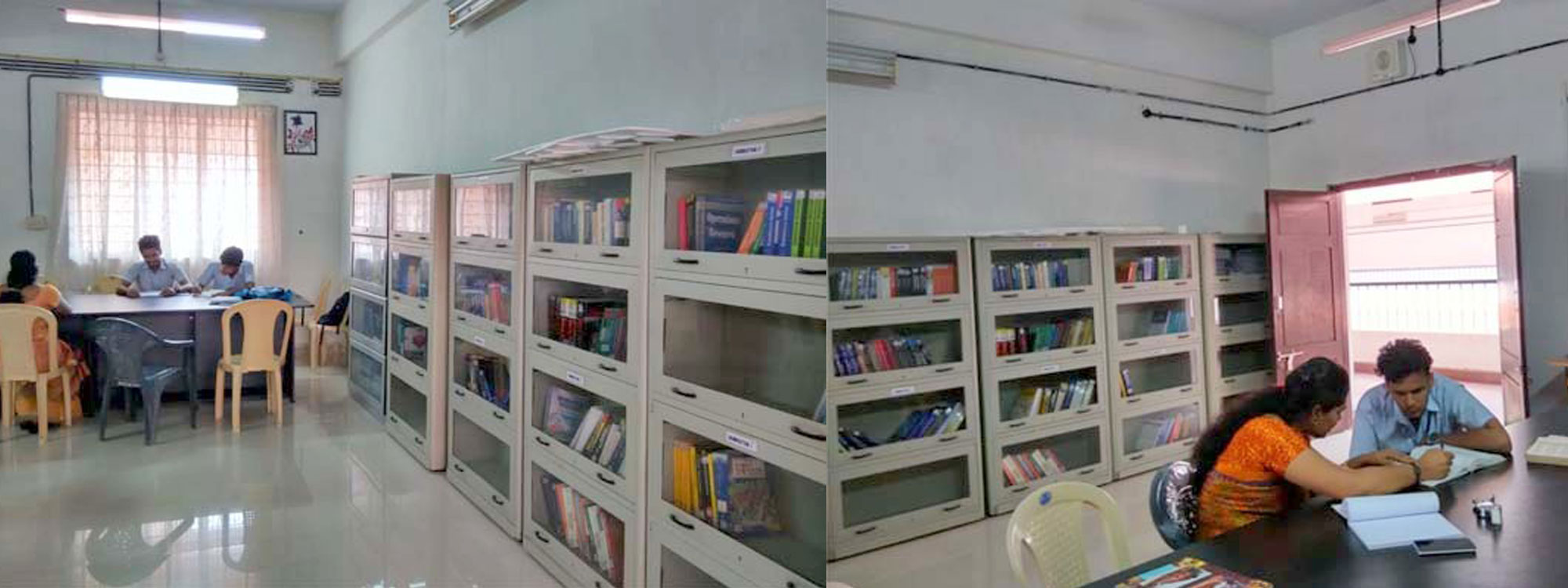
.The Computer Science &Engg Department has a well established library which caters to the need of faculties and students of all semester. The library functions on an open access system for faculty members and students. The library remains open from 9 am to 4 pm on all working days. The department library has a collection of about 400 books and 25 bound volumes of journals. The computerization of library nearing completion and shortly all standard services like acquisition, searching and lending will be computerized. The library has developed an extensive CD-database of academic projects and seminars presented by the students of previous batches.